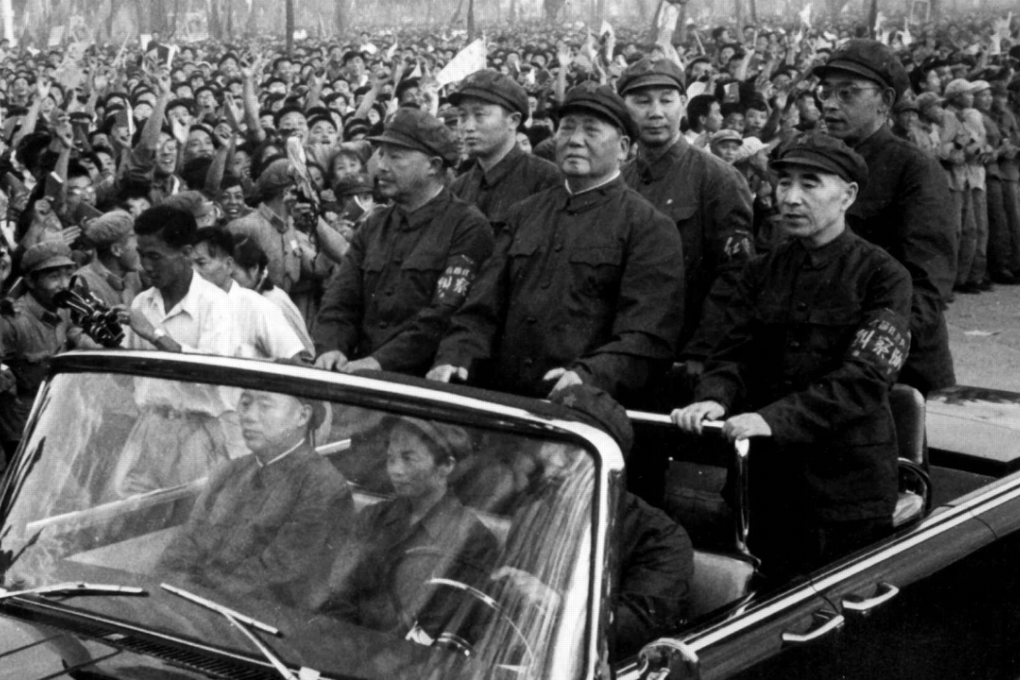Mongolian report blames Lin Biao plane crash on ‘pilot error’
Fire after crash cast doubt on Beijing’s claim plane had run out of fuel

The ambivalent relationship between Communist Party leader Mao Zedong and the man he picked to succeed him, Lin Biao, has led to a lot of speculation and conspiracy theories regarding the aircraft crash that claimed Lin’s life 45 years ago.
Some said it crashed in eastern Mongolia after being shot down by a land-to-air missile launched by either Chinese or Soviet forces, rather than running out of fuel, as claimed by Beijing in 1971.
Beijing won’t let Lin’s remains go home, because they don’t want to see any rites to commemorate him
However, a report on the crash compiled by Mongolia’s General Intelligence Agency, with help from Soviet military experts, suggests neither of those scenarios fitted the facts.
The report, completed on November 20, 1971, more than two months after the crash, said Trident 1E airliner carrying Lin and eight others, including his wife and son, crashed due to “pilot error”, not hostile fire. It said the plane’s three engines were not damaged before the crash and that it had slammed into the ground at between 500 and 600km/h, with that explosion followed by a fire that burned for a “long time”, suggesting there was plenty of fuel on board.

Hong Kong-based publisher Bao Pu, from New Century Press, found a copy of the report, in Russian, in an American university collection early this year.
“When we first obtained the documents from Harvard University’s Fairbank Centre [for Chinese Studies] collection, I was very surprised that no scholars had done any serious analysis yet,” he said.